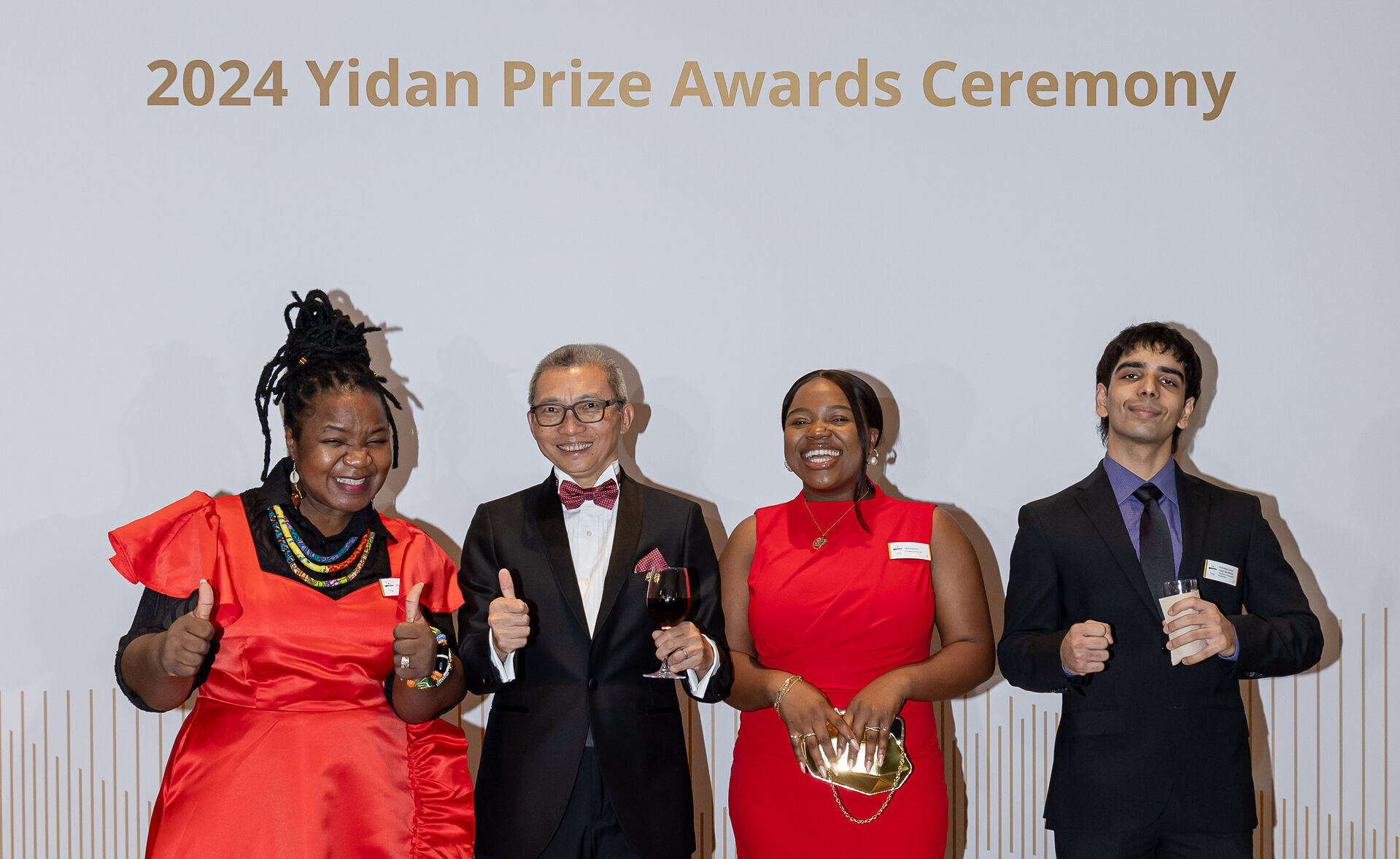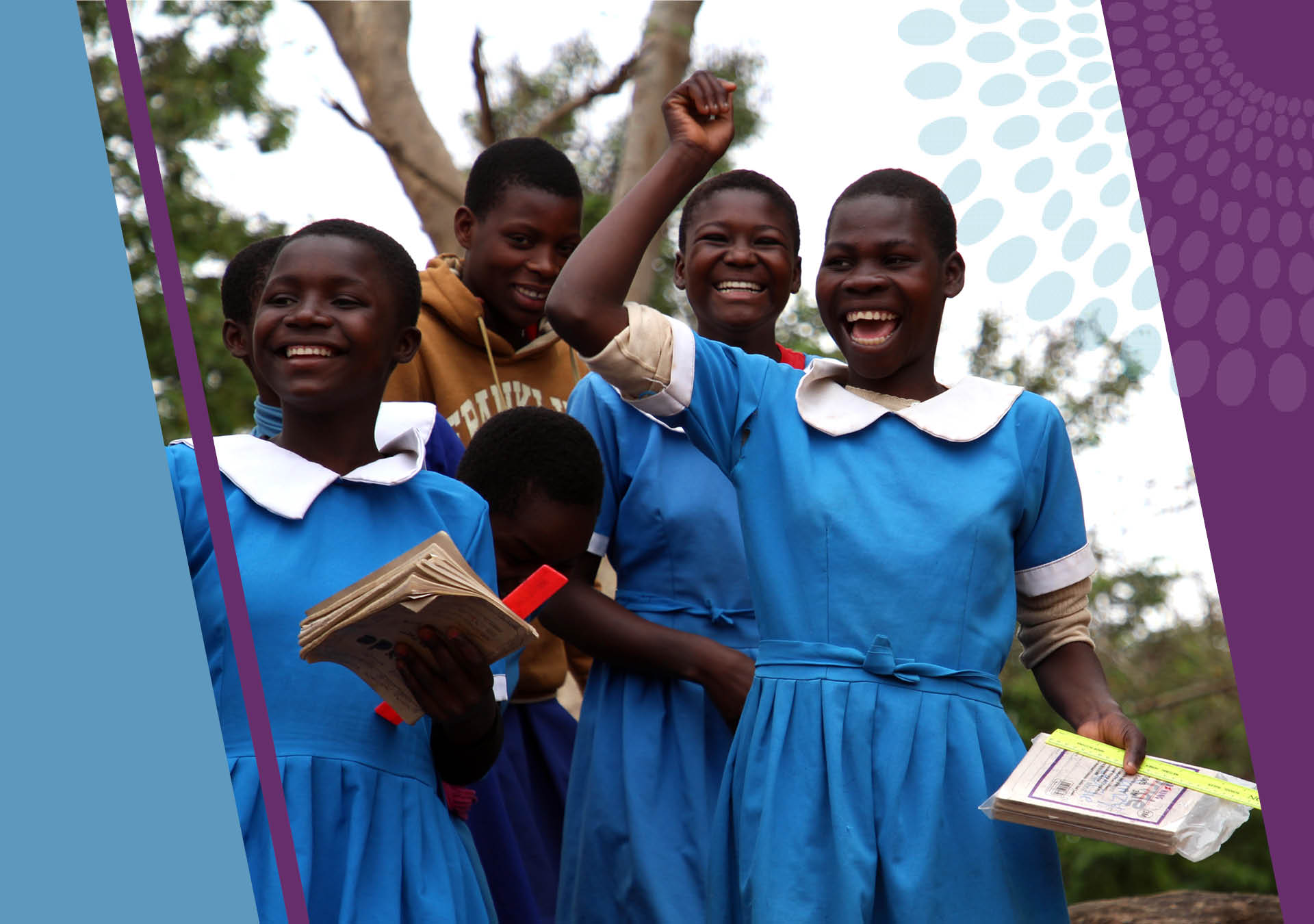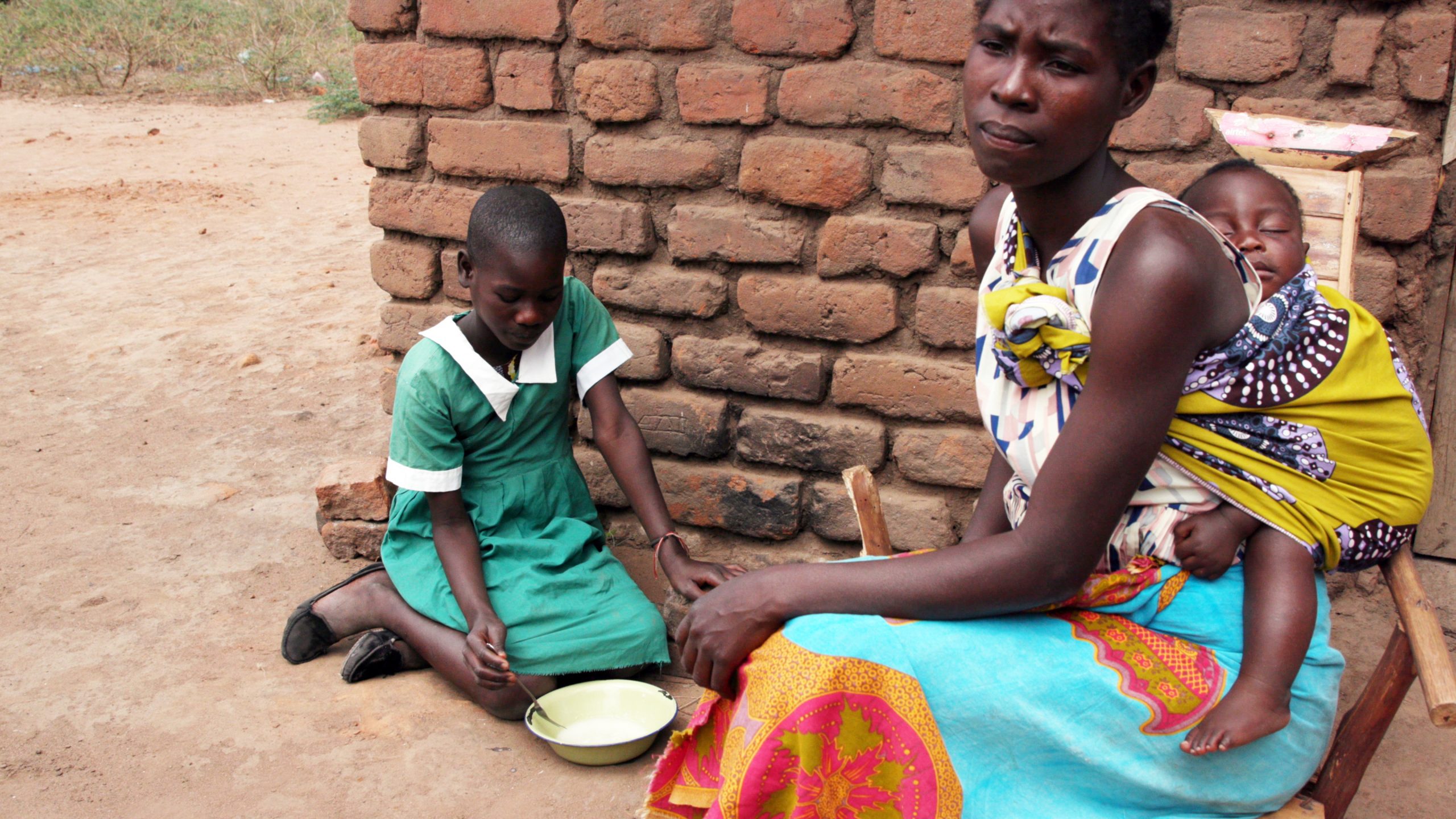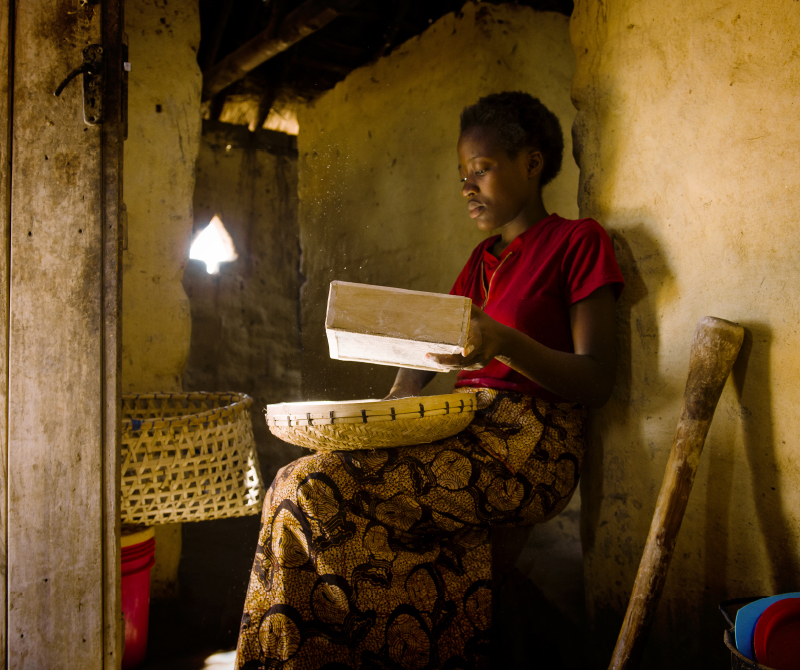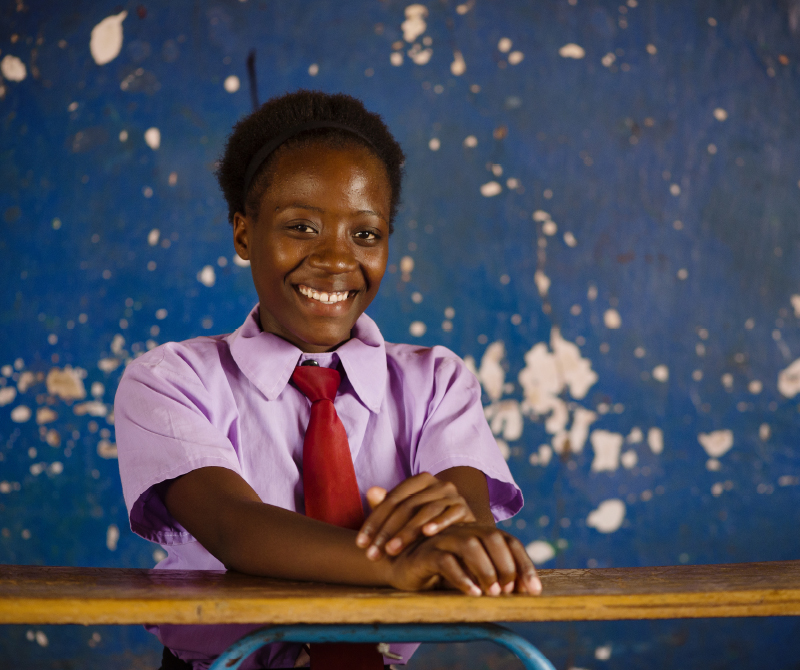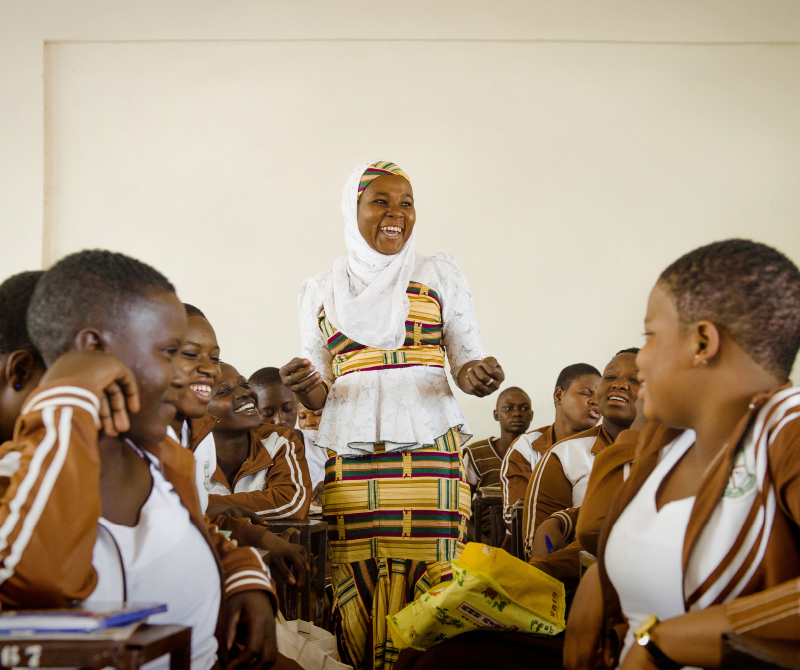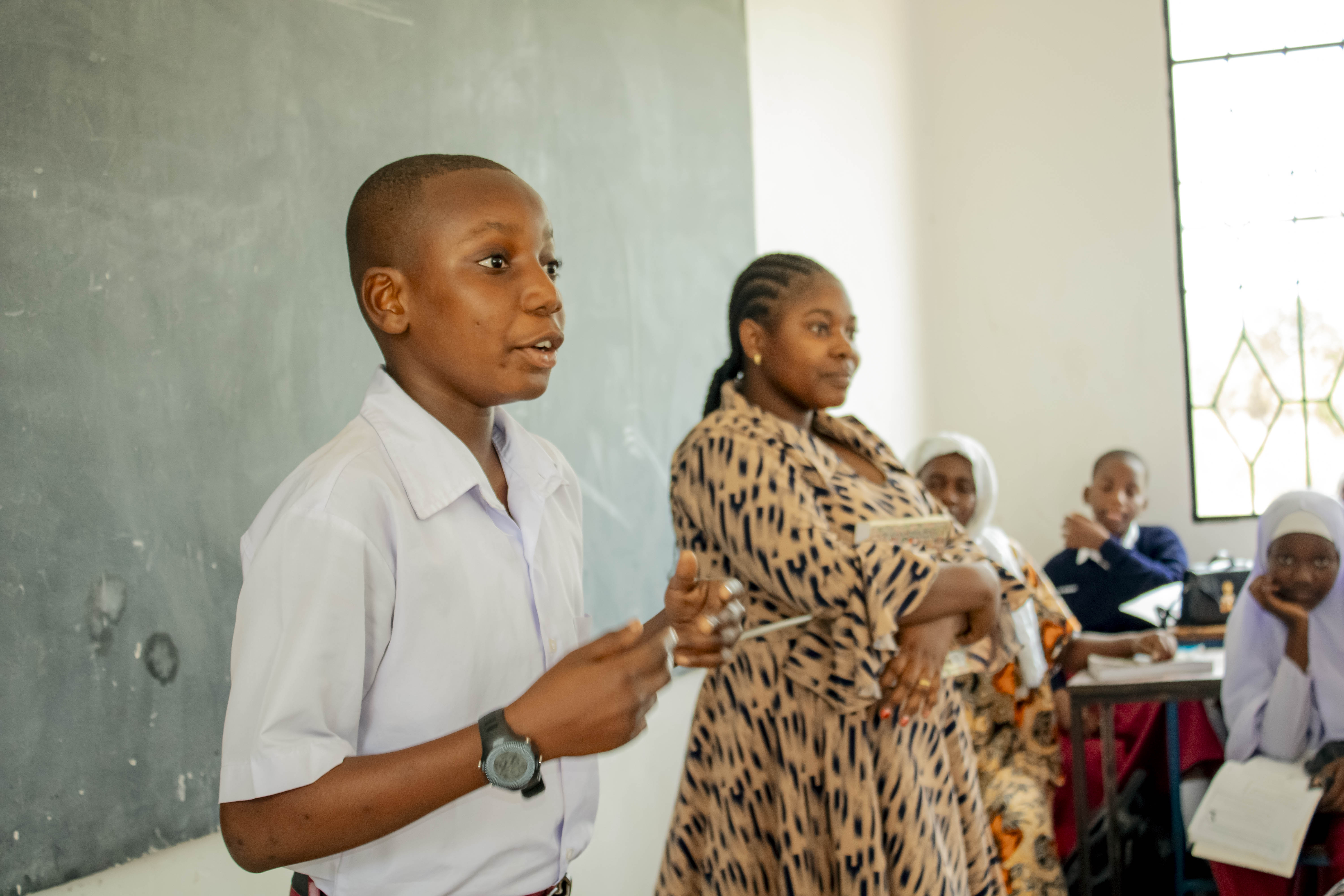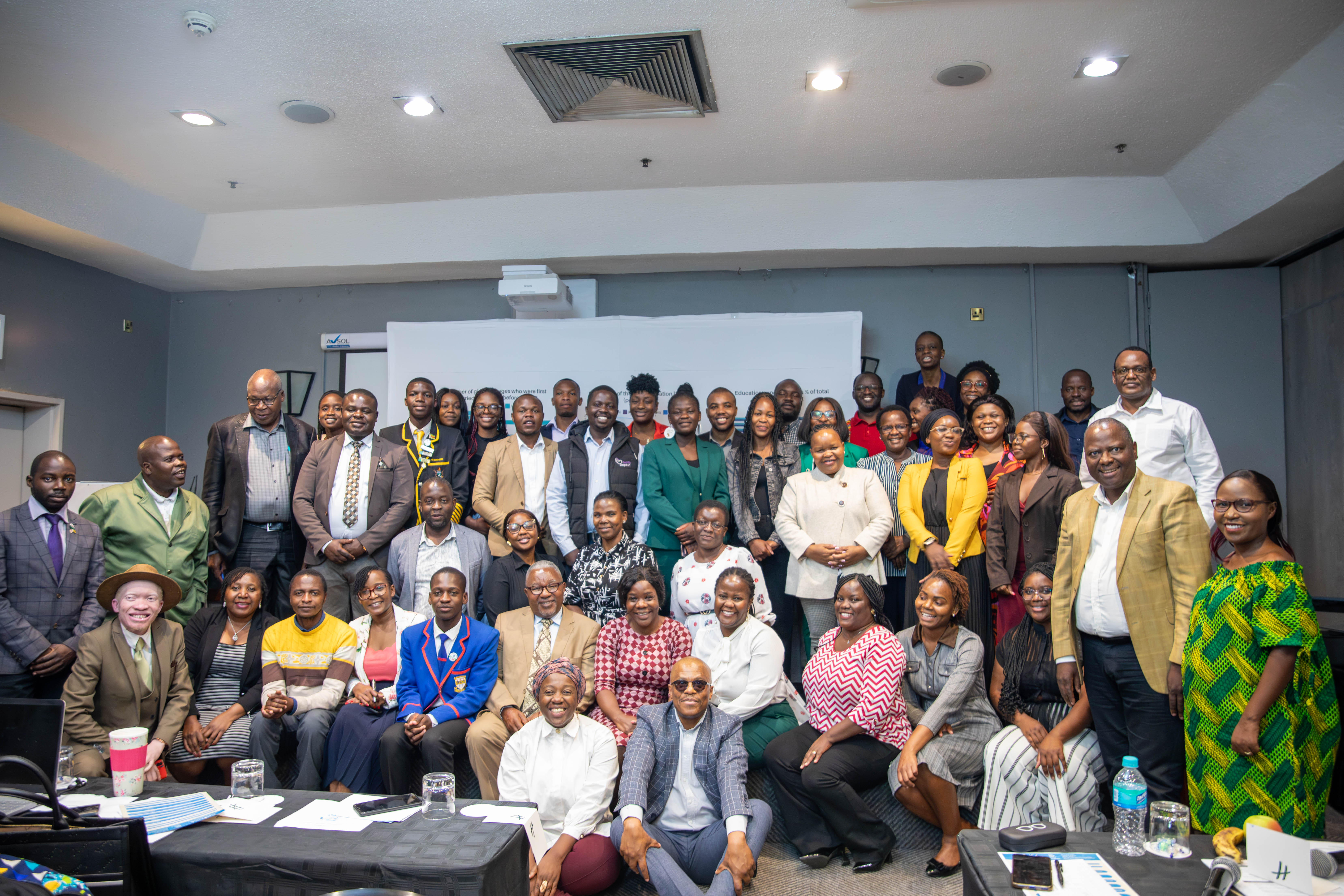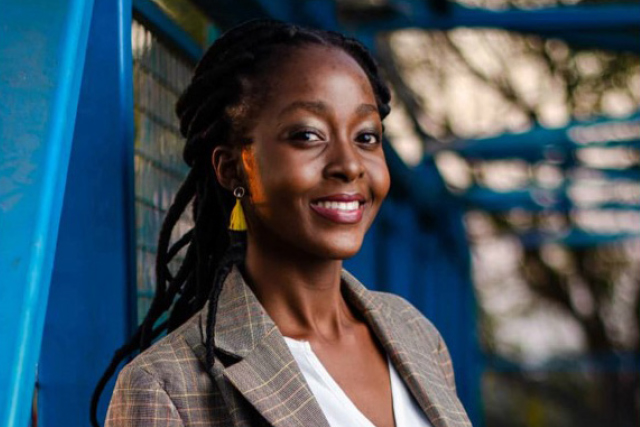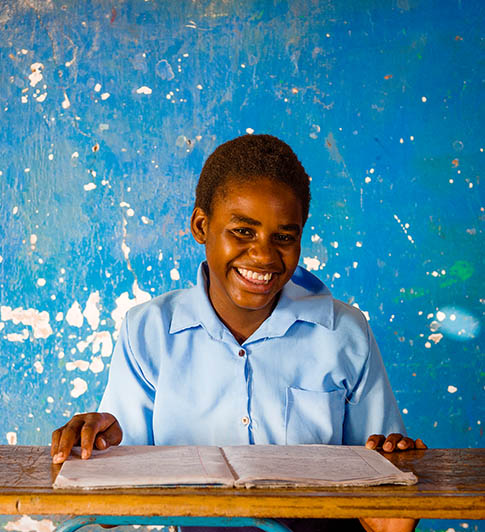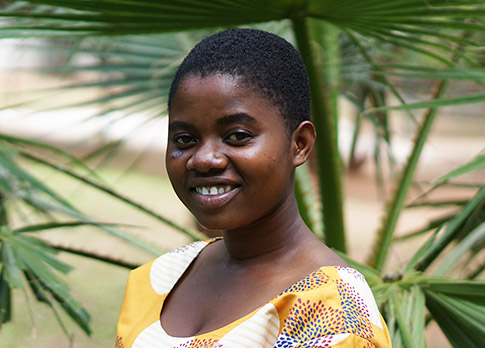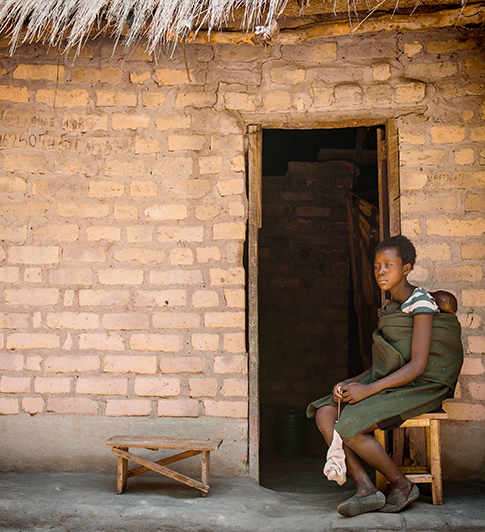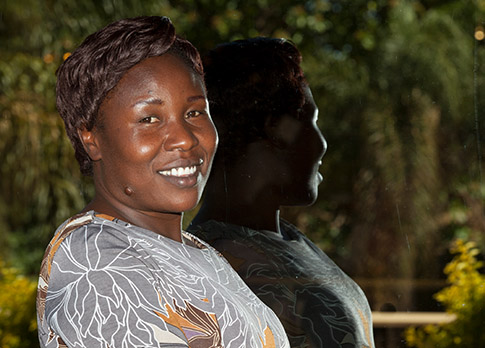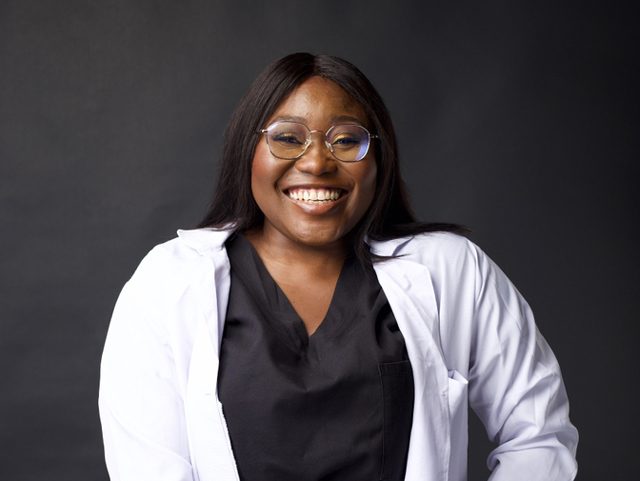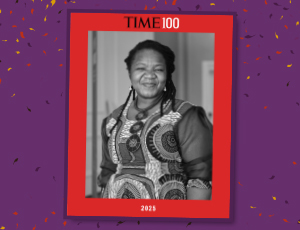CAMFED partners with communities and governments to advance social justice, and transform education systems to better serve the needs of all children
By educating girls and supporting young women into independence and leadership, we are igniting a movement of experts in delivering social justice. Our women leaders in the CAMFED Association completed school against great odds. They have an intimate understanding of the challenges girls and young women in their communities face, and work with schools, parents, and local and national government officials to devise solutions, building an eco-system of support around vulnerable children.
As those once excluded from education take up positions of influence in their communities, they are demonstrating the value of education, and inspiring a societal shift towards the fairer distribution of opportunity and resources.
Through girls’ education and women’s leadership, we are tackling poverty and all the resulting and interconnected injustices, such as:
- Exclusion from education
- Gender inequity
- Gender-based violence
- Child marriage
| - Teenage pregnancy
- Hunger and malnutrition
- HIV/AIDS and malaria
- Unemployment
|
